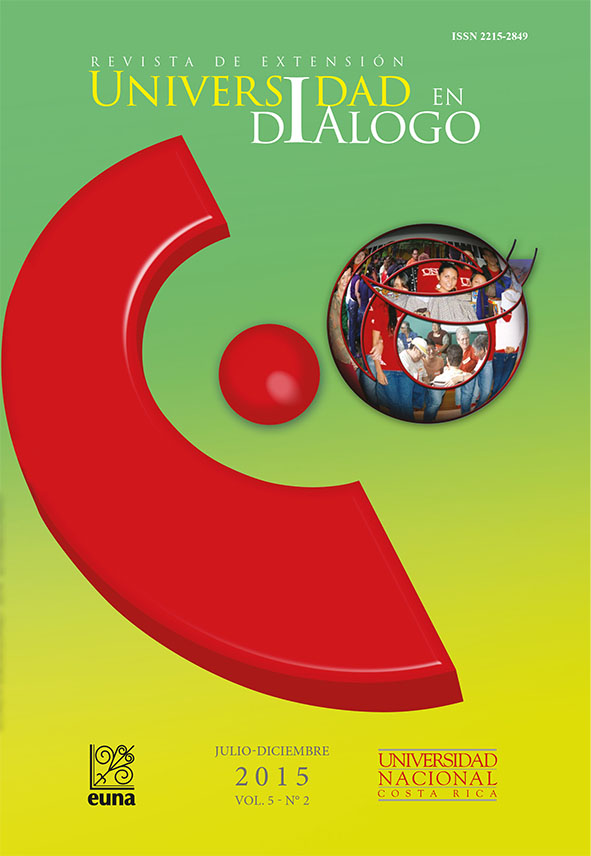Critical factors to achieve carbon neutrality: Improving the link of the Costa Rican forestral sector with the companies C-Neutral
Keywords:
Mitigation, Carbon neutrality, carbon market, companies, greenhouse gas emissions, Costa RicaAbstract
Costa Rica proposed to reach the "carbon neutrality" in 2021. To succeed in this task, two key stakeholders have been identified: on one hand, the organizations which contribute to the emission of greenhouse gases and; on the other hand, the forestry component, which contributes to the mitigation through removal and storage of the carbon dioxide in its forestry components. To reach the C-Neutral Brand (achieve the carbon neutrality statement in accordance with the national standard INTE 12-01-06:2011) organizations are looking to reduce and offset their emissions, using as an option, the forestry projects. This fact helped to begin an emerging domestic carbon market, while it has expanded the portfolio of business relating to carbon sequestration services which is able to be provided by the forestry sector. An interview was conducted to each company already declared C-Neutral in Costa Rica. We identified the factors impacting the decision already done by companies. We analyzed how the forestry sector can play a more proactive role on the domestic carbon market. The evidence suggests that, indeed, there are factors where the forestry sector could influence positively on enterprises to achieve the carbon neutrality. Thus, (a) showing the area where the company is compensating on, b) avoiding double accounting, (c) diversification of projects and (d) considering any complementary compensation mechanisms. These factors should be considered, if anyone wants to mobilize the private sector in a way towards the improvement of the adoption of the C-Neutral Brand. In the same way they can be used by the forestry sector to make policy.
References
Bellassen, V. (2007). The emergency of voluntary carbón offsetting.
Research Report, 11, 36.
Bleda, M. y Shackley, S. (2008). The dynamics of belief in climate change
and its risks in business organizations. Ecological Economics, 66,
-532.
Bristow, A., Wardman, M., Zanni, A., Chintakayala, P. (2010). Public
acceptability of personal carbon trading and carbon tax. Ecological
Economics, 69,1824–1837.
Downloads
Published
How to Cite
Issue
Section
License

La Revista y cada uno de los artículos que se publican están licenciados por Creative Commons Atribución No comercial Sin derivadas 4.0 Internacional.



